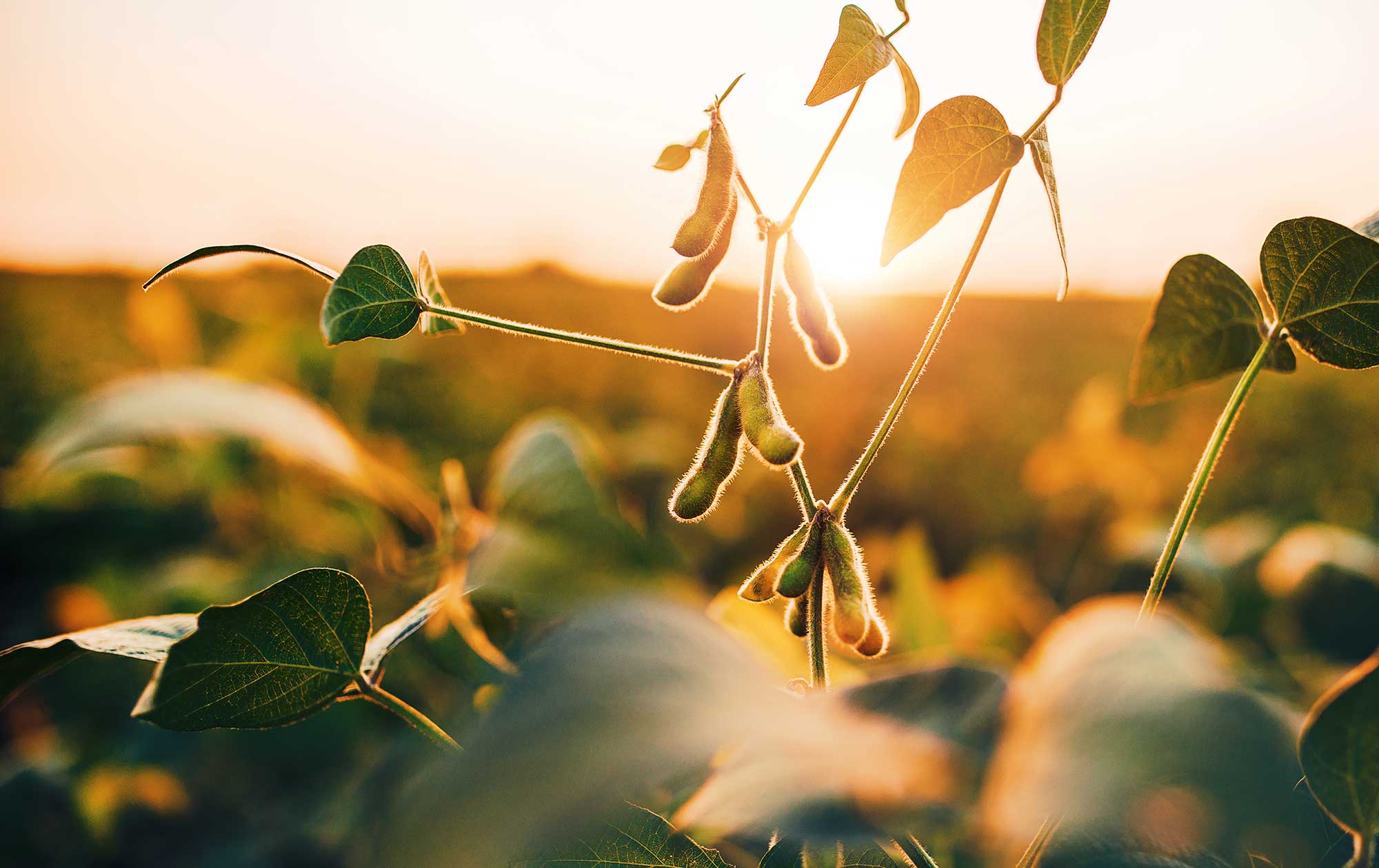As a graduate student at the University of Illinois in the early 1980s, I was introduced to the concept of anaerobic digestion of waste. This process greatly reduces the pollution liability of organic materials such as manure, sewage sludge and industrial wastes while producing biogas, a useful fuel. Because of that, I found myself working on the nexus of agriculture, environment and energy at a young age.
I learned about the immense complexity of the climate riddle and how much farmers contribute to the solutions. I bristle when I read articles blaming American farmers for methane emissions from “cow farts,” dead zones in the Gulf of Mexico from poor fertilizer practices, and other perceived acts that damage our environment.
Working with agriculturalists and many others over the years, I discovered that our farmers are the original stewards of our land, and they make very valuable contributions to reducing greenhouse gas emissions and generating sustainable fuels that drive our society and industry.
Regarding methane emissions, there are many, many environmental sources of methane contaminating our atmosphere. In the 1980s, I recall reading media articles about significant amounts of methane emissions from termite mounds in the Amazon, created during massive deforestation. I also discovered that other environmental sources of methane include rice paddy agriculture, natural and manmade wetlands, landfills, and our sewage treatment plants. However, it was a total surprise to discover that drilling operations for natural gas in the U.S. routinely vent pure methane right to the atmosphere when prices are too low to capture this resource for use by consumers!

If you haven’t heard much about this practice vs. “cow farts,” you are to be forgiven. Our media tend to focus on headlines that generate clicks or sell their product, so they often aim for the outrageous vs. the scientific truth.
The scientific truth is that American farmers — and farmers worldwide — hold a big part of the answer to climate change in their hands. Agriculture relies upon capturing carbon dioxide through the photosynthesis of their crops, and our croplands take up substantial amounts of greenhouse gases as corn, wheat, and other commodities grow. Research from the University of Illinois shows that incorporation of conservation tillage, cover crops, animal feed additives, and biochar into our farming operations greatly reduces harm to the environment, loss of topsoil, and fertilizer consumption.
Argonne National Laboratory, a federally funded research and development facility in Illinois, concludes that, “The use of corn ethanol from 2005 to 2019 has reduced the carbon footprint in the United States and diminished greenhouse gases.”
Other “biofuels” produced by farmers include biodiesel made from soybean oil, cellulosic fuels, and biogas from dairy manure. Dairy biogas is now a popular and lucrative fuel in the “renewable natural gas” markets, but farmers don’t seem to get their share of credit for this innovation . New research is showing that certain feed additives such as red seaweed extract can greatly reduce enteric emissions from cattle, and our farmers are increasingly embracing regenerative agriculture practices into their operations.

I would like to see government and regulatory policy acknowledge the huge contributions our farmers make to solving the climate problem rather letting media get away with continuing to disproportionately assigning blame. The U.S. Department of Agriculture has gotten some efforts off the ground, such as supporting sustainability and climate incentives for farmers and biofuel producers to increase production through the Inflation Reduction Act.
Furthermore, feedlot owners are improving manure management techniques by using new feed additives that improve feed digestibility while reducing methane emissions, and application of manure as fertilizer can be improved with satellite tracking and artificial intelligence (“smart farming”), thereby improving crop yields and reducing runoff.
I encourage our agricultural community — including farmers, ranchers, their families and investors, communities and academic supporters — to continue with their work and let the slings and arrows of the media deflect. You are the answer, not the problem, to climate change, but we have work to do.
Charles Stack is vice-president and co-founder of NeoChloris Inc., a bioprocess engineering firm that focuses upon innovation in the agribusiness sector. He has built anaerobic systems for ConAgra, Kraft Foods, and other major food processing companies and consults with farmers worldwide on environmental and sustainability matters.


